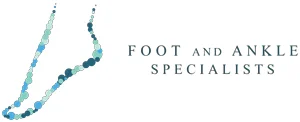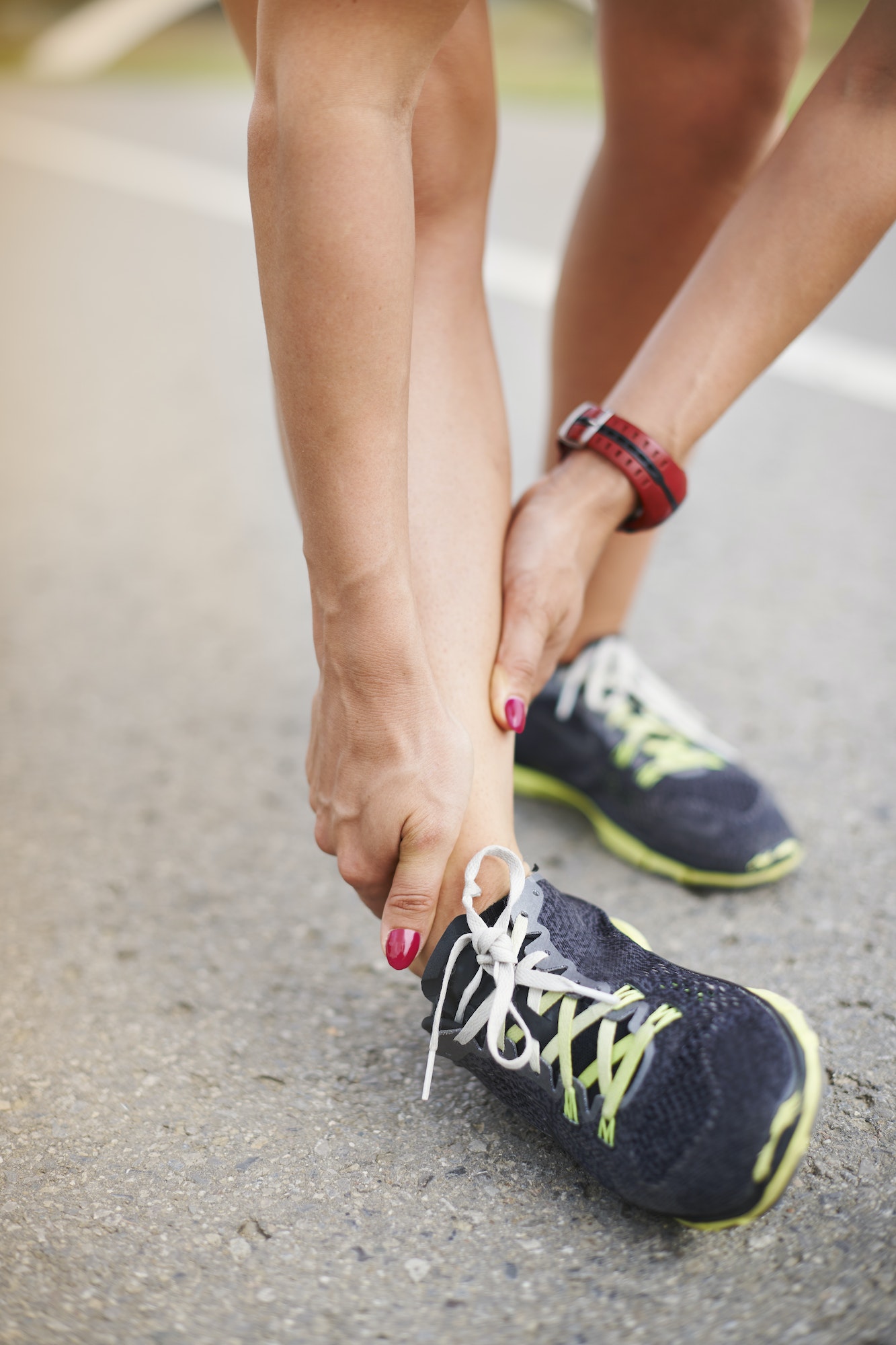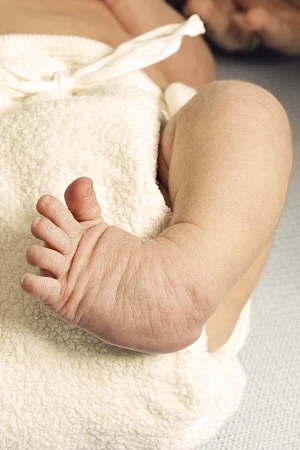Table of Contents
Introduction - Club Foot
Clubfoot is one of the most common congenital deformities. It occurs in about 1 out of every 1000 births. It affects males more commonly than females. The cause in an otherwise healthy child is unknown. It can affect one or both feet. The foot shape at birth is pointed inward and downward giving the foot a “club” appearance. In many institutions, manipulation and casting technique is used with frequent unsuccessful correction. As a result, extensive corrective surgery is then recommended with often disturbing poor results due to excessive scarring.
Clubfoot can be several foot abnormalities that are congenital, or present at birth. The tendons in the baby’s foot are shorter and so the foot is out of position or twisted. This common birth defect can be mild or severe, and most are successfully treated without surgery.
Boys are more likely to have clubfoot than girls and it tends to run in families. The baby may have clubfoot if there is too little amniotic fluid, and the risk of clubfoot if the mother smokes during pregnancy is greatly increased.
Clubfoot can result in complications in later life such as arthritis, poor self-image, inability to walk correctly and foot sores or calluses.
Club Foot Symptoms
Look for one or more of these signs:
- The top of the foot is twisted inward and downward
- The foot appears to be upside down
- The foot or leg may be shorter
- The calf muscles are underdeveloped
However, usually there will be no pain.
Treatment
Treatment for clubfoot should begin in the first few weeks after birth when the baby’s joints, bones and tendons are flexible.
Stretching and casting is the most common treatment and is called the Ponseti method. The doctor will move the baby’s foot to the correct position and apply a cast. The cast will be changed and the baby’s foot repositioned about once a week for several months. The Achilles tendon may need to be lengthened. To maintain the new correct position, stretching exercises will be required as may braces and special shoes.
If the clubfoot abnormality does not respond to stretching, or if it is severe, surgery may be recommended to reposition or lengthen ligaments or tendons into a better position.
The Ponseti Treatment Method
Dr. Michael David utilizes the Ponseti Method of serial casting of the foot and leg. This treatment has become the standard of care nationwide. Treatment should begin within 1 to 2 weeks after birth. The foot is gently manipulated and plaster casts are applied and changed weekly for 3-6 weeks in the office without anesthesia. Correction can be achieved in over 90 % of the cases without the need for extensive surgery. Occasionally a release of the heel cord is needed. This is performed in the office through a tiny incision without the need for anesthesia or hospitalization.
Relapses are uncommon, and are corrected successfully in most cases with 1-3 more casts. Special shoes attached to a bar are used 20 to 22 hours per day for 3 months, followed by during sleep hours use for 2 to 4 years. Dr. Michael David has frequently used this treatment successfully in older children who have had failed treatment from other institutions.
Dr. Michael David traveled to the University of Iowa on a number of occasions to receive training directly from Dr. Ponseti. Dr. Michael David has been featured in the Grand Rapids Press for his successful work with clubfoot children. He has done presentations both in Michigan and outside of the State on the Ponseti Treatment Method.
For more information on clubfoot from the University of Iowa, please visit https://www.clubfootsolutions.org/
Preventing Club Foot
In pregnancy, you can take steps to reduce the risk of your baby having birth defects:
- Don’t smoke
- Avoid smoky environments
- Don’t drink alcohol
- Don’t take drugs except those approved by your doctor



